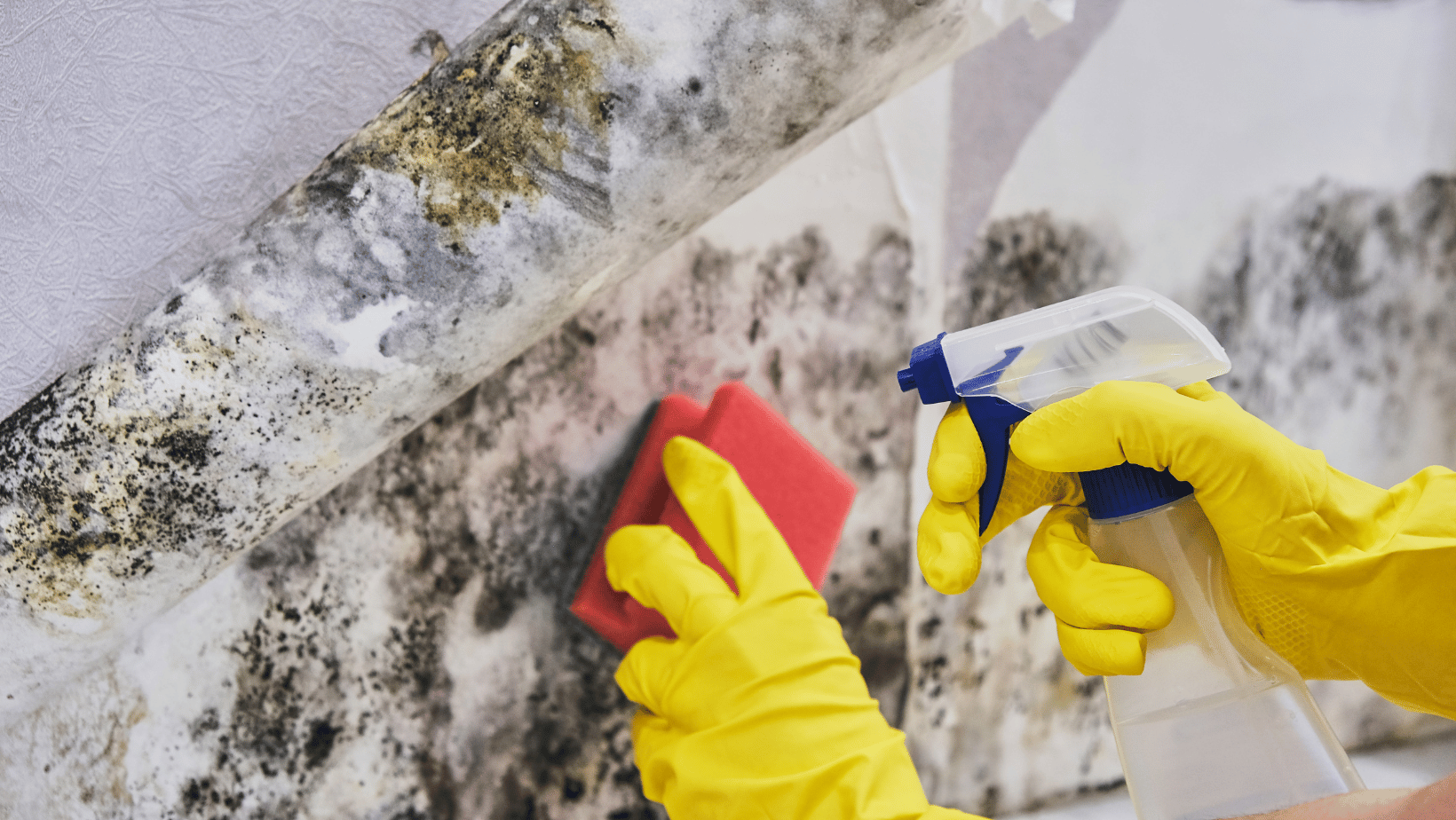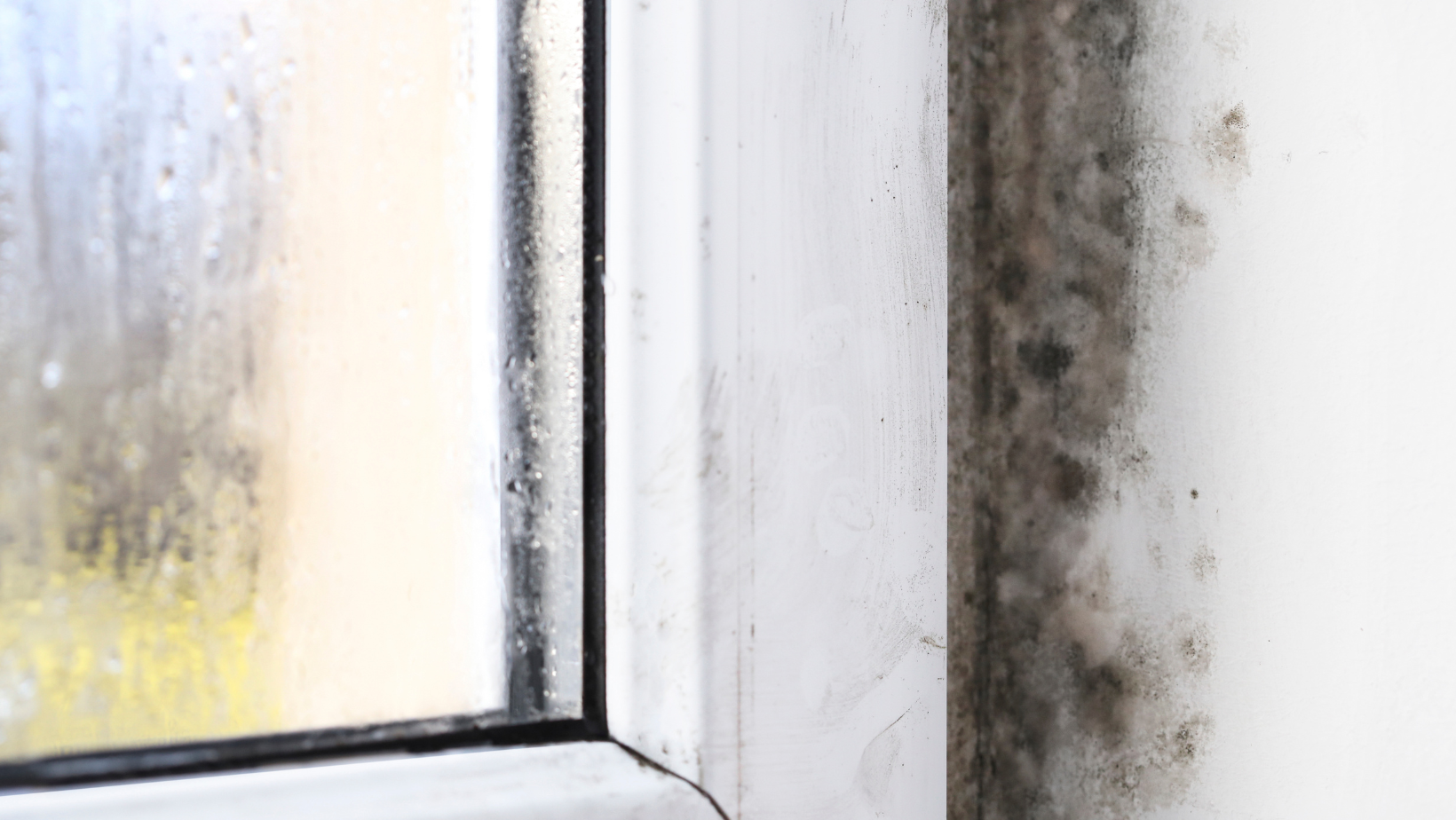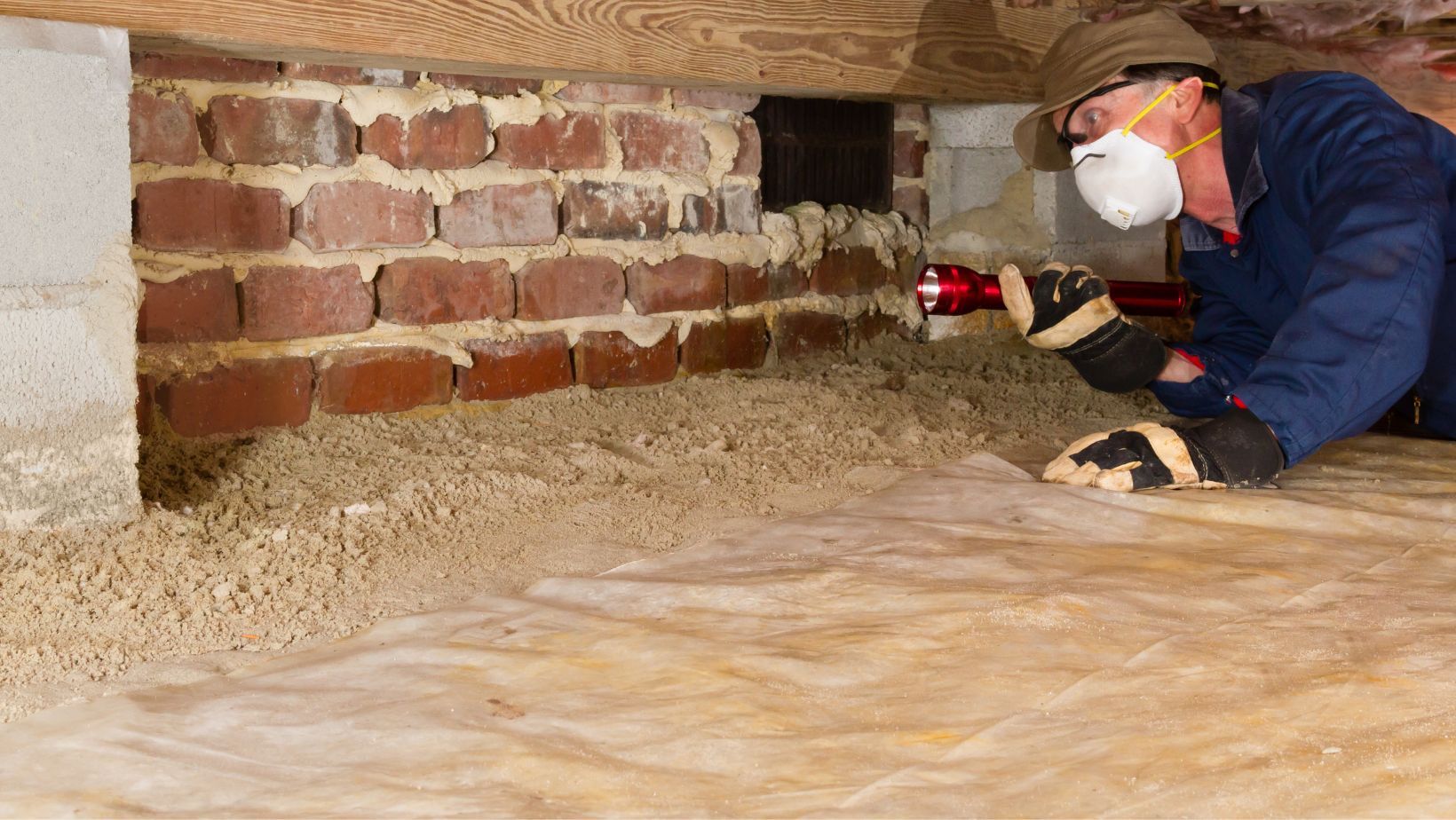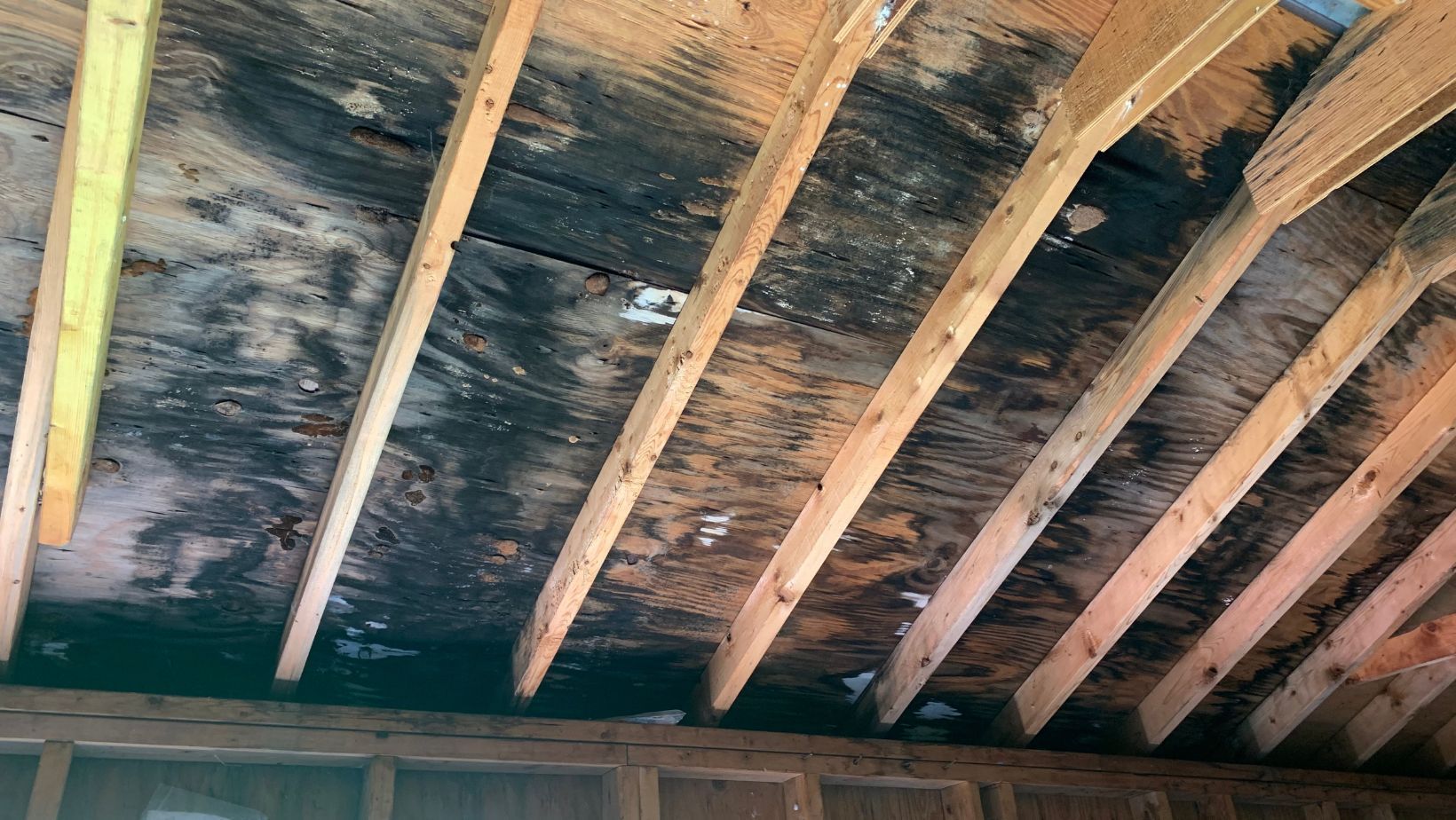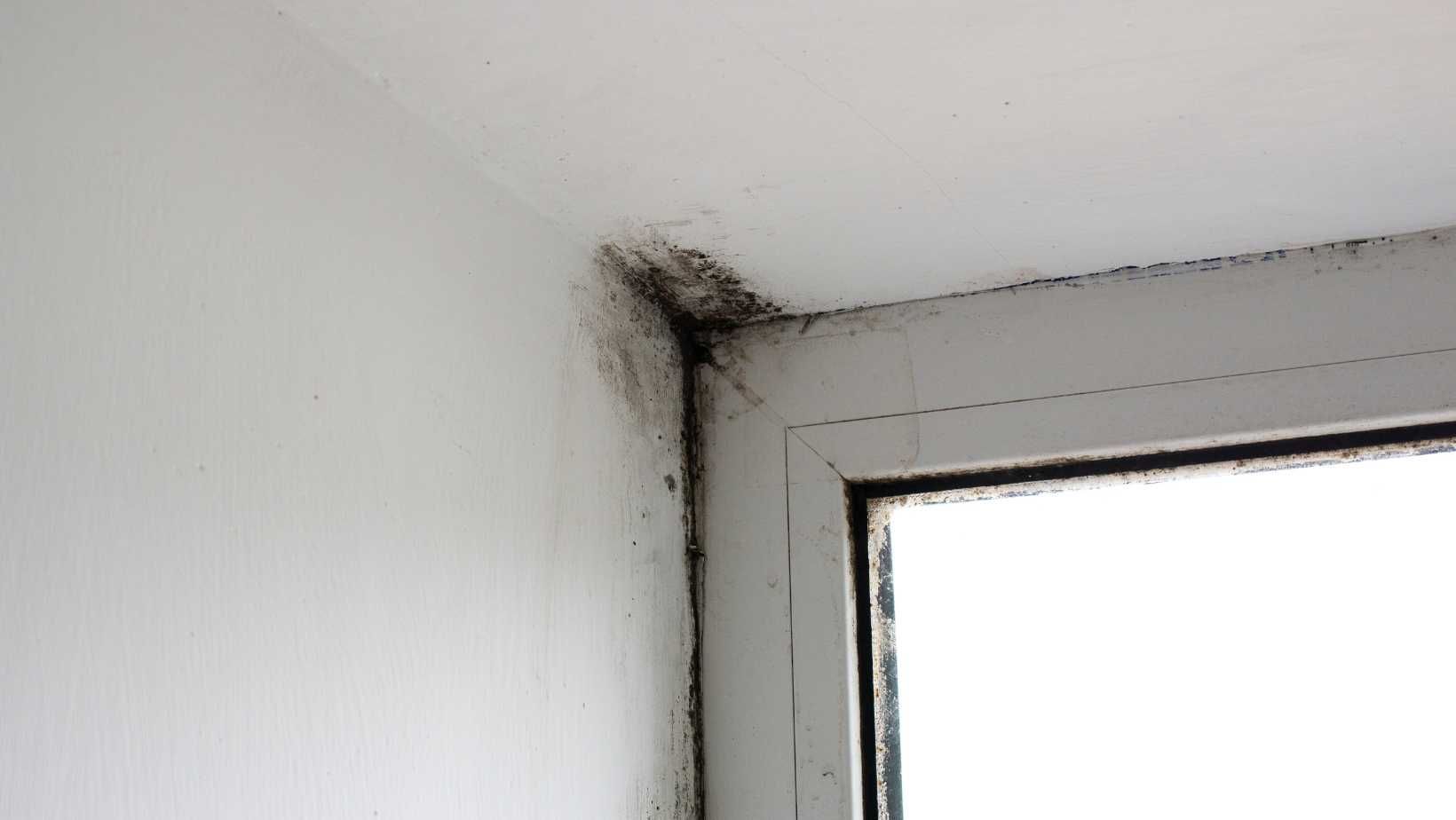My Home Inspector Found Mold – Now What?
What to Do If Mold is Found During a Home Inspection in Lake Charles, LA?
Discovering mold during a real estate, home inspection can be alarming. Mold is present almost everywhere, but that doesn't mean a home with mold problems should be disregarded. If you're in the market for a home, it's essential to learn how to identify signs that a mold inspection is required, as it is a prevalent household concern. Additionally, speak with the home seller to disclose any mold issues within the house, and ensure that both parties are in agreement.
Dealing with Mold Issues Found During a Home Inspection in Lake Charles, LA
During a routine home inspection, it's essential to address any issues discovered before or after the transaction is complete. A comprehensive home inspector will identify any problems with the property you're interested in purchasing, including mold. However, finding mold does not always mean that the deal is off. Most mold problems are solvable, and a professional mold remediation company in Lake Charles, LA can help. They have the expertise and equipment to remove the mold and restore a safe environment in your home.
Signs of a Mold Problem in Lake Charles, LA Homes
Identifying Mold Issues in Prospective Homes:
Mold can take many forms, making it crucial to know what to look for when checking out potential homes. Here are some signs to keep in mind:
Visible Signs:
- Colors: Mold can appear in a range of colors, including black, white, gray, green, and brown.
- Staining: Dark stains on wood or porous building materials are a strong indication of mold. Moisture seeping into these materials is the cause of staining, and this moisture is what mold thrives on.
- Mold Growth: Mold can often be seen as a chalky, powdery substance that can grow on almost any material. It can be hard to spot at times, and may only be visible from certain angles or in specific lighting.
Non-visible Signs:
- Odor: Mold may not always be visible, but its distinct musty, earthy, unpleasant odor can often be detected.
- Physical Symptoms: Mold can cause allergic reactions in some people, including sneezing, sore throat, itchy eyes, headache, and irritated skin. Not everyone experiences the same sensitivities, but if you notice these symptoms when entering a home, it could be indicative of a mold issue.
Conditions Conducive to Mold Growth:
- Mold thrives in warm, damp environments. However, it can grow under other conditions as well. Anywhere with excess moisture, such as basements, attics, bathrooms, and kitchens, are prime locations to search for signs of mold issues.
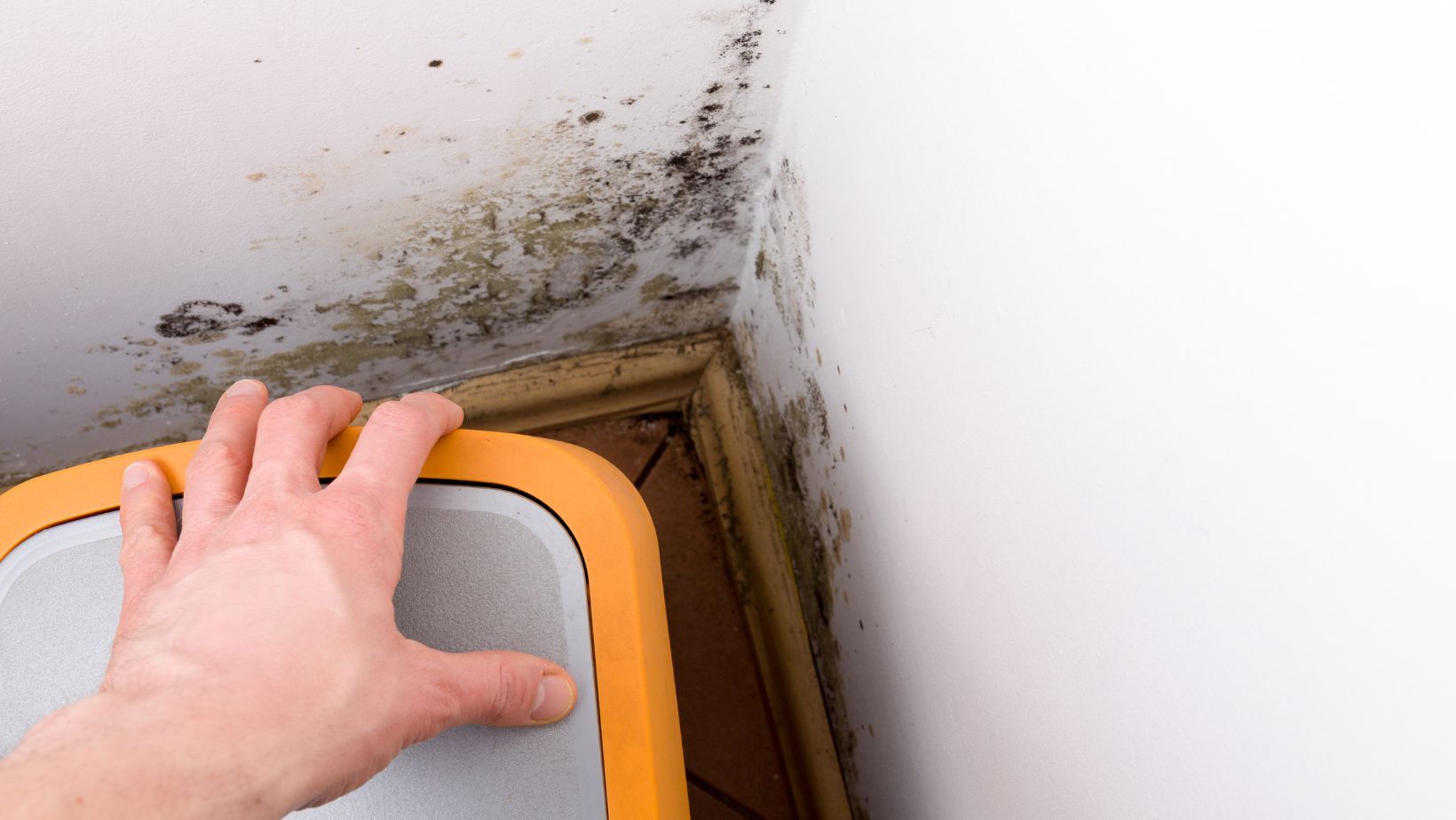
Scheduling a Mold Inspection When Your Home Inspector Finds Mold
If your home inspector finds mold or the possibility of mold, it's important to schedule a mold inspection as soon as possible. The mold inspector can provide you with a definitive answer as to whether or not mold is present, as well as the severity of the damage and the necessary next steps.
The first thing that the mold inspector will do upon arrival is perform a visual inspection of your home to identify factors that are conducive to mold growth. They will then use digital documentation to capture photographic evidence of the affected areas. From there, the inspector will conduct thermal imaging and moisture mapping to pinpoint any damp or wet areas that may not be visible to the naked eye. Once all of these steps are completed, the mold inspector will determine if professional mold testing is necessary.
Expert Air Quality and Mold Testing Services in Southern Lake Charles, LA
Dealing with Mold: When to Hire a Professional Inspector: If a mold issue is discovered by your home inspector, it may be necessary to call in a
professional to conduct a thorough examination. Mold testing can provide valuable information regarding elevated mold presence, mold species and levels.
During the testing process, the mold inspector will first take an outdoor spore count to establish a control variable. This sets the natural level of mold found outside and is used for comparison to the tests taken inside the home. The inspector will use a combination of airborne and surface mold tests to get a complete understanding of the issue at hand. After the initial inspection, the samples collected are sent out to a third-party lab for analysis.
If the spore count from indoors is higher than that of the outdoors, this could mean there is a potential mold problem. The mold inspector will be able to explain to you not only if there is mold present, but also the specific species of mold that you are dealing with.
Finding Your Dream Home Despite Mold Concerns
If you're on the hunt for your dream home in Lake Charles, Louisiana, don't let mold stop you in your tracks. Fortunately, there's usually a way to address any mold issues that may arise during your search. If your home inspector detects mold, a professional mold inspector like DryMax Mold can help you get to the root of the problem and provide you with an appropriate solution.
You might also like
DryMax Mold Blogs
